He wasn't a jack of all trades, said his friend June Whitfield, "he was a master of all trades". The charge of "smarminess" dogged Bob Monkhouse throughout his career, but as this quietly penetrating documentary made clear, he was highly intelligent, multi-talented and had a lot of layers he kept to himself. Actor, scriptwriter, singer, novelist (though they didn't really mention that part), stand-up comic, cartoonist, radio star, gameshow host and posthumous campaigner against the prostate cancer that killed him - the only thing Monkhouse couldn't manage too successfully was his work-life balance.
It was work, mostly. His daughter Abigail recounted how she'd go to theatres where her dad was performing because it was the only way she could ever get any time with him. When his son Simon died of a heroin overdose in Bangkok in 2001 after years of estrangement from his father, Monkhouse was visibly gutted, both because of the death and because he'd never given up hoping for a reconciliation. His solution was to get out and do more work. When he learned he had cancer, he told his long-serving manager Peter Prichard that "what we're going to do is work".
 I interviewed Monkhouse once, after he'd had one of those "post-modern" rebirths that are visited upon a few choice veterans. He'd been on Have I Got News For You, where - as I'm sure he realised was bound to happen - his performance was like an Aston Martin doing exuberant tyre-burning doughnuts around a bunch of spluttering Skodas. He rang me up later to say thanks for the article, in a tone I'd describe as courteous rather than smarmy.
I interviewed Monkhouse once, after he'd had one of those "post-modern" rebirths that are visited upon a few choice veterans. He'd been on Have I Got News For You, where - as I'm sure he realised was bound to happen - his performance was like an Aston Martin doing exuberant tyre-burning doughnuts around a bunch of spluttering Skodas. He rang me up later to say thanks for the article, in a tone I'd describe as courteous rather than smarmy.Monkhouse was delighted to receive accolades from a new generation of comedians, having survived the "Alternative" onslaught from the likes of Ben Elton, but there had never been any point in denying that he was one of the most accomplished comic technicians who ever walked the boards. In the documentary, Bob Cryer said he felt that Monkhouse had trained himself diligently to become a comedian rather than being an instinctive one, an observation perhaps borne out by the way Monkhouse meticulously logged his jokes and wisecracks in a collection of hand-written journals. When a couple of them were stolen, Monkhouse was distraught, then suitably delirious with joy when they were returned 18 months later.
 But he made sure that all the discipline and technique was concealed from his audiences, and often proved himself capable of improvising entire routines on the spot. Monkhouse had learned his trade, or trades, in the post-war era, but he could make even the most hackneyed themes feel slightly outrageous. Prone to infidelity in his youth ("He liked the ladies," said Cryer), he never seemed to lose his enthusiasm for marital warfare jokes: "My wife has got to diet. I took her to the opera last week and nobody would leave until she sang." Or: "I used to do things deliberately to annoy her. In the mornings I'd wake up - God, she hated that."
But he made sure that all the discipline and technique was concealed from his audiences, and often proved himself capable of improvising entire routines on the spot. Monkhouse had learned his trade, or trades, in the post-war era, but he could make even the most hackneyed themes feel slightly outrageous. Prone to infidelity in his youth ("He liked the ladies," said Cryer), he never seemed to lose his enthusiasm for marital warfare jokes: "My wife has got to diet. I took her to the opera last week and nobody would leave until she sang." Or: "I used to do things deliberately to annoy her. In the mornings I'd wake up - God, she hated that."But we saw interview footage of him stressing that his public performing persona was a deliberate construct that bore no relation to the inner Monkhouse (they should have dropped in that remark by Denis Norden about how "I'm told that Bob's autobiography was based on a true story"), and clearly he had a substantial concealed hinterland. "The book wasn't open", as Jimmy Tarbuck put it, "but if he liked you as a friend, you were a friend." In 1973 he married his second wife, his former secretary Jackie Harding, and her formidable presence ensured that the private Bob remained exactly that. What you saw was what you got, but there was a lot he didn't let you see.

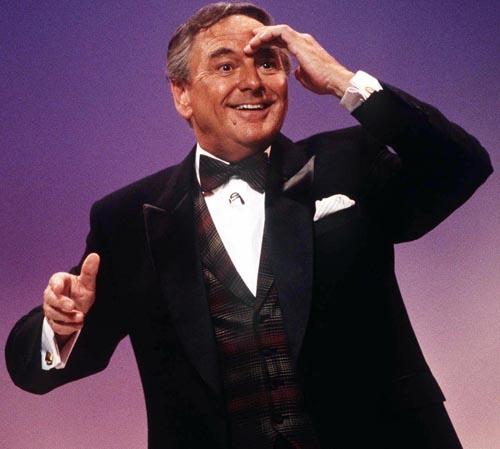

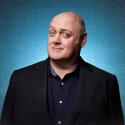
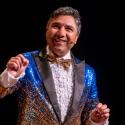
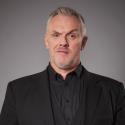
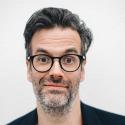
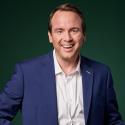
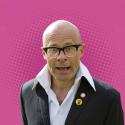
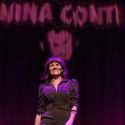
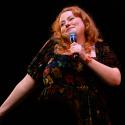


Add comment